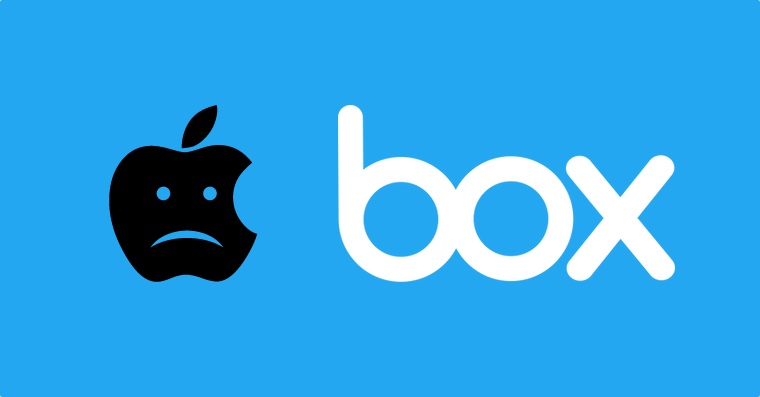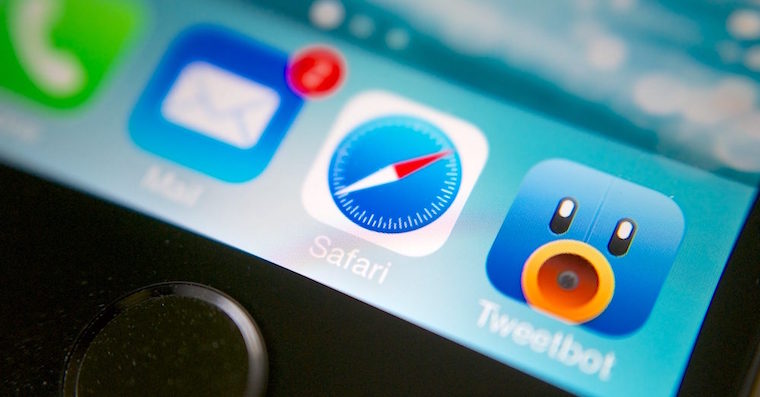The editors of the Washington Post decided to focus on the real privacy of users. Thanks to special software, they discovered that iOS applications often send data to unknown destinations without the knowledge of their owners.
It could be interest you

In total, there were over 5 services that captured events in the application and sent them on. This is how the introductory word begins:
It's three in the morning. Do you have any idea what your iPhone is doing?
Mine was suspiciously busy. Even though the screen is off and I'm resting in bed, the apps are sending loads of information to companies I have no idea about. Your iPhone is very likely doing the same, and Apple could do more to stop it.
Over a dozen marketing, analytics and other companies used my personal data that Monday night. At 23:43 Amplitude obtained my phone number, email and exact location. At 3:58 another company, Appboy, obtained a digital fingerprint of my iPhone. 6:25 a.m. Demdex got a way to send information about my device to other services…
In a single week, my data reached over 5 services and companies in the same way. According to Disconnect, the company that helped me track the iPhone and that focuses on privacy, the companies could pull almost 400 GB of data in one month. That's half of my data plan with AT&T, by the way.
However, the whole report must also be seen in the right context, no matter how terrifying it seems.
For a long time we have been informed about how large companies like Facebook or Google "misuses our data". But they simply often use frameworks that are provided by third-party companies and serve primarily for analytical purposes. Thanks to them, they can improve their applications, customize the user interface, and so on.
In addition, Disconnect makes a living by selling the Privacy Pro app, which tracks all traffic related to your device. And thanks to a single in-app purchase, you get the option to block this unwanted data traffic.

So what goes on secretly in the iPhone?
So let's answer a few questions and present the facts.
Most applications simply need some form of user tracking. For example, Uber or Liftago that need to know the location in order to deliver the correct location information. Another case is banking applications that monitor the behavior and work with payment cards in such a way that the user is blocked and notified in the event of misuse.
Last but not least, some users simply sacrifice privacy so that they don't have to pay for the application and can simply use it for free. By doing so, they are essentially consenting to any tracking.
On the other hand, we have trust here. Trust not only on the part of developers, but also on Apple itself. How can we hope for any privacy if we don't know who and what data is actually collected and where it goes, who it reaches? When your app is tracking thousands of services in the same way, it's really hard to catch abuse and separate it from legitimate use.
Apple could probably integrate a set of functions into iOS that is similar to the Privacy Pro application so that the user can monitor the data traffic himself and possibly limit it completely. In addition, it will be difficult for the user to defend himself against this type of surveillance, so Cupertino must intervene more forcefully. In the worst case, the authorities.
Because as we already know: what happens on your iPhone definitely doesn't stay only on your iPhone.
It could be interest you

Source: 9to5Mac
It would probably be objective to write that it is not the iPhone, but the applications installed on it that send data. Otherwise, it is a matter of whoever installed it and agreed to the terms of use of the application.
And the list of applications that were installed on that phone would also be interesting
And what about recognizing that similar articles are written about Android every day and no one cares? I think this is exactly the same written article about iOS = only some users can't try it because it affected their idol :D
It just means that iOS and Android are exactly the same and it just depends on what you install. Neither system is safe, as some people still think.
I bought a TV. I haven't installed anything in it and it wants to send something to many IP addresses every 30 seconds without my consent. After what I found out, she won't be able to access the internet anymore - that is, unless she finds some open wifi herself. Except that I would connect it through a firewall with a blacklist.
How about admitting that this is an intention and not an application. And not only Huawei is following us, but iPhone as well and maybe even more.